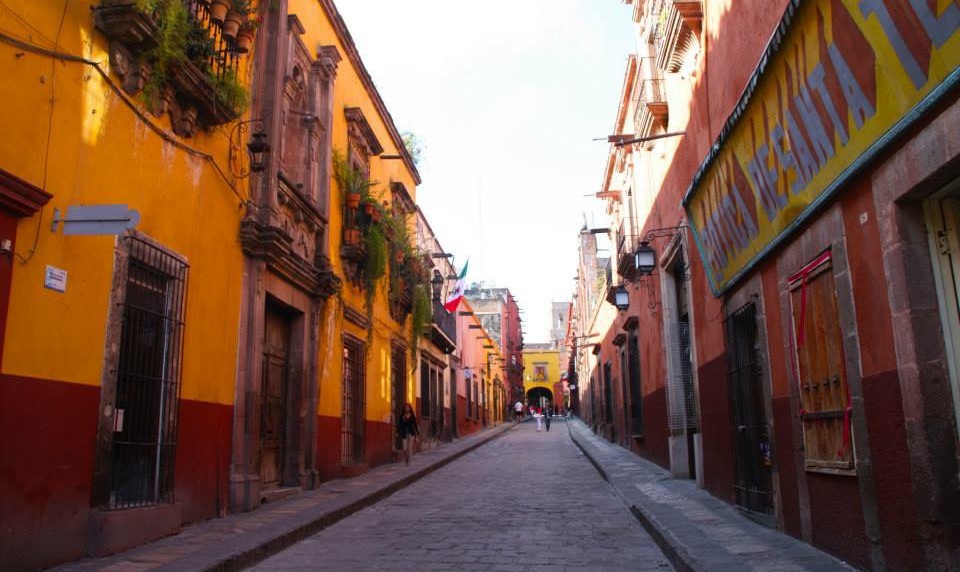I actually had the opportunity to attend a voodoo ceremony once: in high school, when I spent a few weeks volunteering in Haiti. However, my stomach hadn’t quite adjusted to the local water, and getting to the ceremony would have required riding for a few hours each way in the back of a pick-up truck, bumping up and down with each of the many potholes in the road.
So… that didn’t seem like such a good idea.
Although I didn’t ever see an actual voodoo ceremony in Haiti, meeting so many people who practiced the religion — good people — made me question the assumptions I’d had about it.
This Samuel Freedman op-ed touches on the roots of voodoo’s misrepresentation in American media and culture. Like many people, I’d thought of it as sort of a sinister sorcery, but it’s really not.
Voodoo isn’t really all that different from other religions; followers appeal to divine powers to assure their success in life. They just do this is ways we don’t understand.
A simple but good explanation of what voodoo’s really about can be found in this National Geographic piece, if you’re interested. Or check out this NPR series.
Now, on to our regularly scheduled programming:
From the accompanying article:
“…Our first stop was Ouidah, a town with links back to the slave trade where voodoo is widely practised.
We were invited to attend a voodoo ceremony with the high priest Dagbou Hounon.
Despite the fact that voodoo is the most widely practised religion here, we still passed a mosque and a church on the way to the ceremony.
Under the gaze of Dagbou Hounon, six dancers performed to the raucous beat of a six-piece drumming outfit.
The beats were vigorous and relentless, the six dancers pumping their bodies energetically with jerky steps, jumps and thrusts of the chest and arms.
Speaking to Dagbou Hounon later, we learned that this dance is just one part of a number of elaborate rituals that anyone consulting a voodoo priest might be asked to commission in order to get things to go the way that they want.”
This video and article are part of a larger BBC project called Africa Kicks. Timed to coincide with the World Cup, it explores West Africa’s “football factory,” the region that produces the best soccer players. Check it out!
